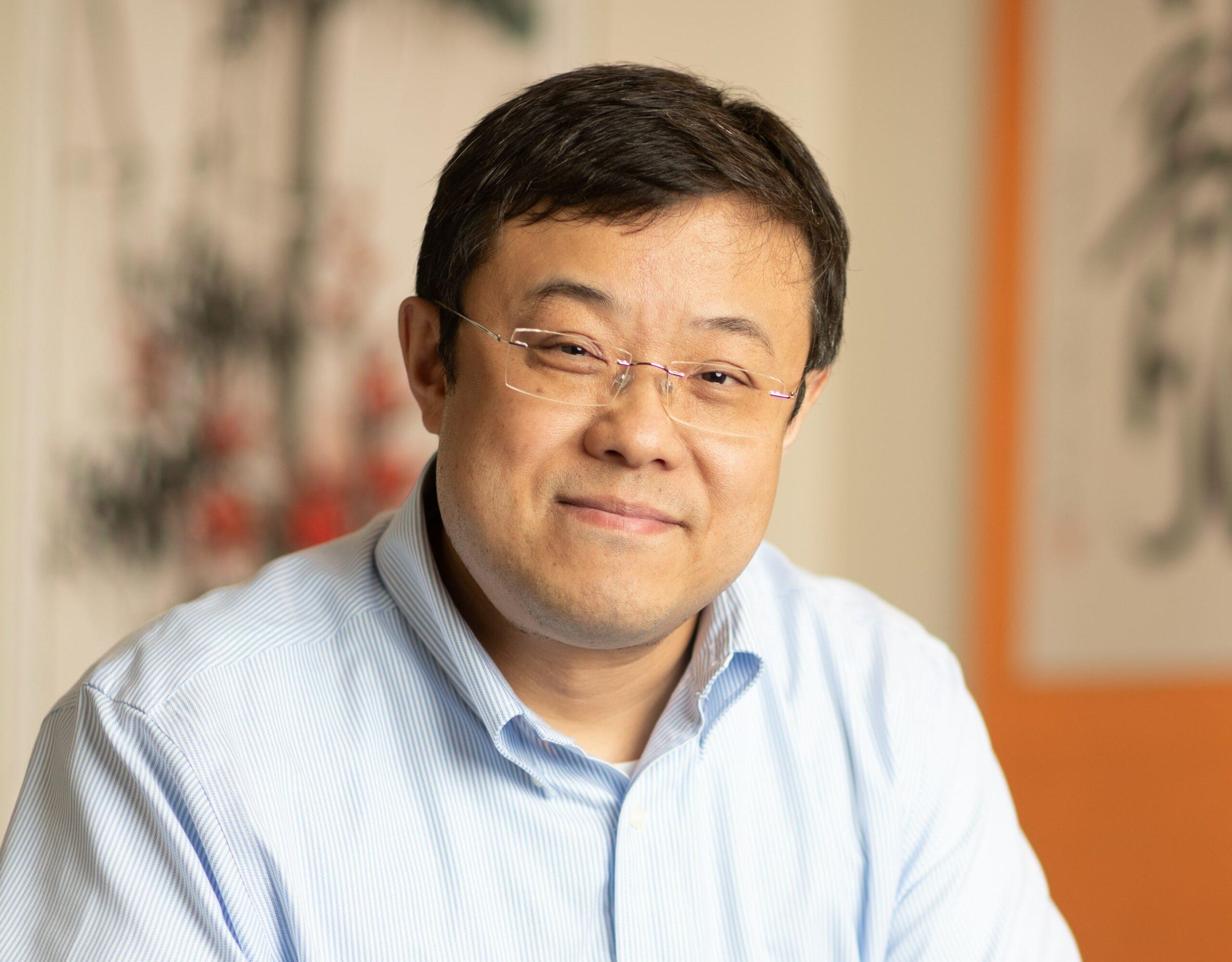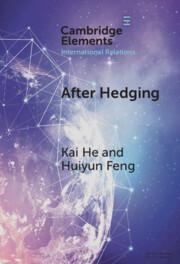
International Relations Kai He
Discerning US-China Institutional Competition and International Order Transition
The world is in crisis. The Russian invasion of Ukraine in early 2022 marked a considerable military challenge from a resurgent Russia to the established international order of the 21st century. The conflict between Israel and Hamas, which began in October 2023, has further jeopardized global peace and stability. Despite these crises, U.S. policymakers still view China as “America’s most consequential geopolitical challenge” in the 21st century. The strategic competition between the United States and China has intensified since the COVID-19 pandemic. The continuous deterioration of U.S.-China relations may eventually lead the two nations into the “Thucydides trap,” a potential military conflict between the hegemon and a rising power in the international system.
While acknowledging the inherent dangers of war or military conflicts involving these two powers, this project argues that competition, when effectively managed, need not always result in negative outcomes. This premise holds true for the strategic competition between the U.S. and China. By systematically examining U.S.-China institutional competition across security, economic, and political domains, particularly in the aftermath of the 2008 global financial crisis (GFC), this book emphasizes the positive aspects of U.S.-China competition, encapsulated within the framework of institutional balancing.
These constructive dimensions manifest as three unintended positive consequences arising from U.S.-China competition: the revitalization of regional institutions to address emerging challenges, unexpected collaborations between major powers (the U.S. and China) and regional actors, and the provision of public goods by both the U.S. and China. These inadvertent benefits resulting from U.S.-China competition have the potential to enhance regional stability and promote a more peaceful transition of the international order within the Asia-Pacific and beyond. In essence, we are witnessing a novel form of international order transition, where interstate institutional competition contributes to peace during the transitional phase of the international order.
Biography
Kai He is a Professor of International Relations in the School of Government and International Relations at Griffith University, Australia. He is also a non-resident Senior Scholar at the United States Institute of Peace (2022-2023). Previously, he served as an Australian Research Council (ARC) Future Fellow (2017-2020) and as a postdoctoral fellow in the Princeton-Harvard China and the World Program (2009-2010). He has authored or co-authored six books and edited or co-edited five volumes. Among his notable works are After Hedging: Hard Choices for the Indo Pacific States between the US and China (co-authored with Huiyun Feng, Cambridge Elements in IR, 2023), Contesting Revisionism: China, the United States, and Transformation of International Order (co-authored with Steve Chan, Huiyun Feng, Weixing Hu, Oxford, 2021), China’s Crisis Behavior: Political Survival and Foreign Policy (Cambridge, 2016), China’s Challenges and International Order Transition: Beyond “Thucydides’s Trap” (co-edited with Huiyun Feng, University of Michigan Press, 2020), and Contested Multilateralism 2.0 and Asian Security Dynamics (Routledge 2020).
Publications
Selected publication


